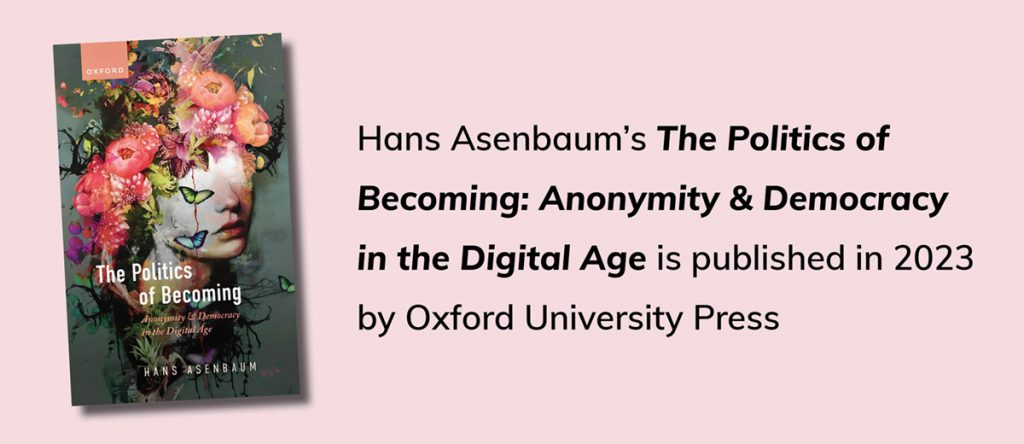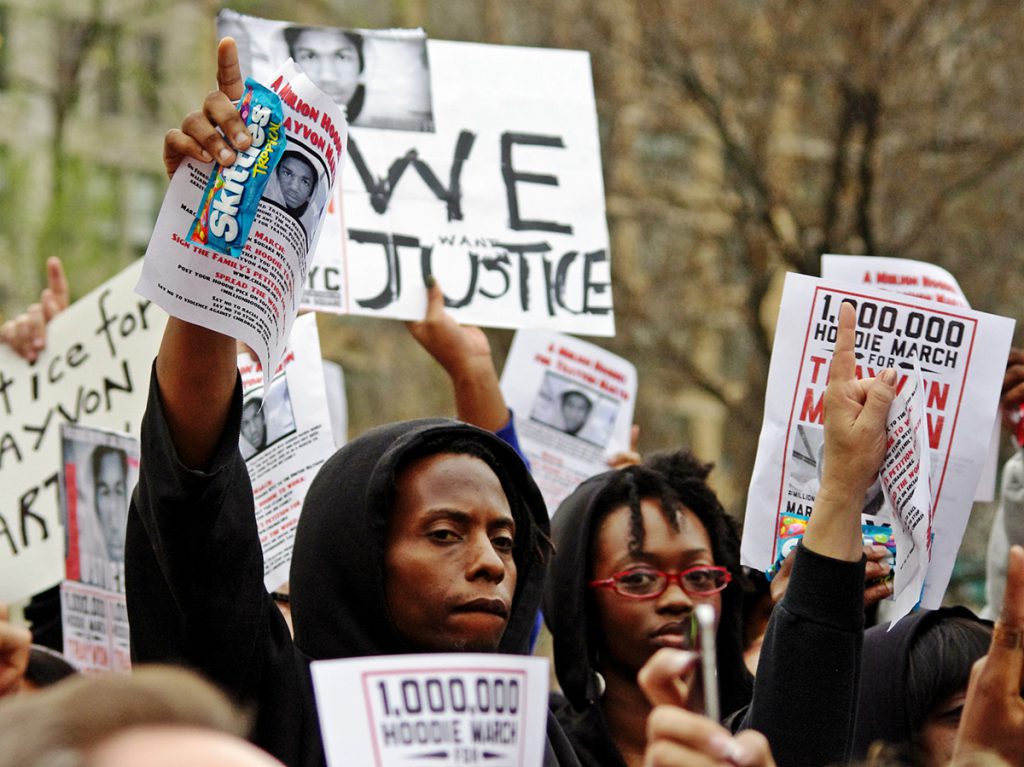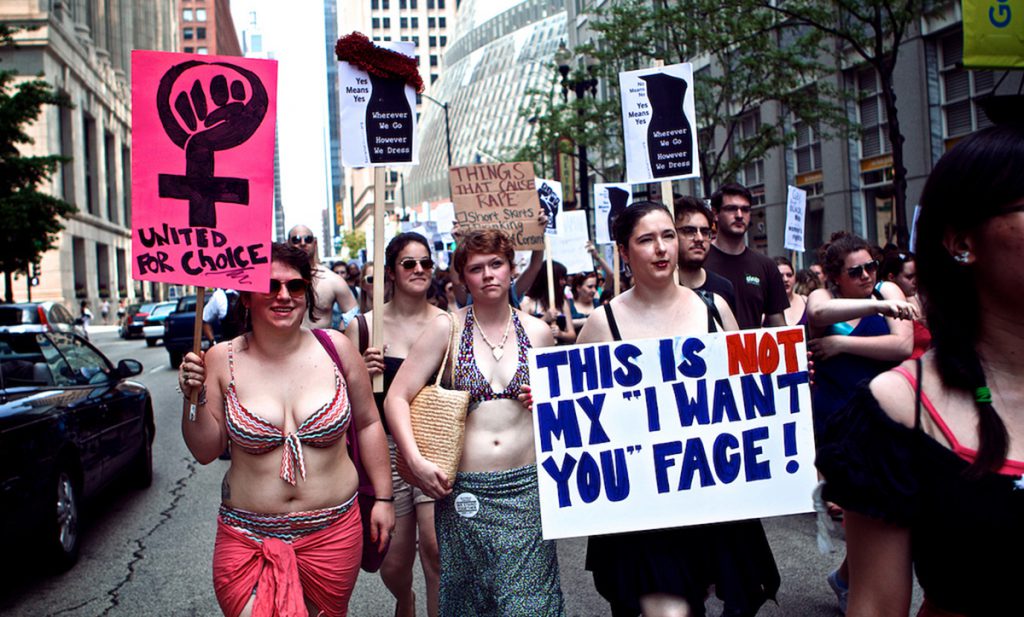To face the multiple crises of our time, we need to explore our inner multiplicity. In this inaugural blog for a new series on ‘Democratic Transformations’, Hans Asenbaum argues that in daring to be different, we can engender systemic change
We are in the midst of identity wars. The pushback against abortion rights in the US, Poland and elsewhere is met with fierce feminist opposition. Iranian women set their headscarves on fire to protest the killing of Mahsa Amini. Queer and trans activists advocate the recognition of countless genders. Anti-racism and decolonisation move into the mainstream, spurred, in part, by the Black Lives Matter movement.
At the same time, right-wingers rally crowds around the globe. The storming of the US Capitol is a shrill indicator of a new white identity politics.
These identity wars indicate underlying crises. The planet is literally on fire with the climate emergency, erupting wars, pandemics, and rampaging inequality threatening life on Earth.
Now, more than ever, we need structural change on a planetary level. We need democratic transformations. But how can we bring about systemic change? What is the role of identities in societal transformations? And what is our role as democracy scholars, practitioners and activists in a movement towards democratic futures?

My new open-access book The Politics of Becoming argues that we need to transform ourselves in order to transform society. There lies an untapped democratic potential in who we are and who we choose to be. As a first step towards self-transformation, we need to explore our inner multiplicity. In recognising our own diversity and transformability, we can uncover paths towards systemic change.
In the book’s conclusion, I say:
Rather than the end of a book, I think of this chapter as the start of a conversation — a conversation about personal and systemic transformation
the politics of becoming, p.154
This blog is my invitation to this conversation.
In 2012, 17-year-old African American Trayvon Martin was shot dead on his way home after buying Skittles in a local shop. After George Zimmerman, the vigilante watchman who killed Martin, blamed his victim’s allegedly suspicious hoodie, protesters staged a Million Hoodie March in NYC to express their anger, grief and solidarity. This protest was one of the sparks that ignited the global Black Lives Matter (BLM) movement.
We could read the Million Hoodie March as identity politics as usual. It was mainly African Americans who protested police violence against their community. This is what feminist democratic theorists call the politics of presence.

But the political significance of the hood worn by BLM protesters goes beyond the politics of presence. The anonymising hood both disguises its wearers and enacts identity transformation. Presence always entails a carnivalesque moment which is part of the politics of becoming.
Consider SlutWalks as another example in which protesters performatively wear the clothes that are blamed for their wearers’ victimisation. In protest against heteropatriarchy, participants foreground a particular version of their multiple selves.
By performing a particular identity in the moment, we make a political claim that challenges neoliberal expectations
By performing a particular identity, by showing who we want to be seen as in this very moment, we make a political claim. By coming together and being different, defying neoliberal expectations, we demonstrate the viability of alternatives.

BLM’s chant 'This is what democracy looks like' prefigures a diverse and inclusive society. As Barbara Ransby argues, through grassroots organisation and shared leadership, the movement realises democracy in action. The changes in laws and the minds of many achieved by BLM are rooted in democratic practice on the ground.
The face of activism itself is changing. Taina Meriluoto observes how trans, homelessness, mental health, and disabilities activists curate their identities on social media and in street protests. This new activism is not online or offline; it is always both.
Today, we are all cyborgs – of course, not in the 1980s-Terminator sense. But we are part of everyday cyborgisation through cloud computing, wireless connectivity and the internet of things. As social media algorithms create our personalised realities, photo apps filter our vacation impressions, smartwatches count our steps and record our calorie intake, we increasingly transform into something else.
While these transformations evoke fear, they also harbour democratic potential.
The hacktivist collective Anonymous uses online anonymity to challenge social inequality and racism across the globe. Their clownesque Guy Fawkes mask also became the symbol of the Occupy movement.
The #MeToo campaign did not only lead to legal convictions of sexual perpetrators. It also triggered a worldwide debate about gender inequality.
The democratic revolts in the Arab world during 2011, Extinction Rebellion and Fridays for Future are all unthinkable without digital connectivity:
Expressing the multiple self through masks, hoods, headscarves, avatars, selfies and emojis is not only part of the struggle towards radical democracy. It instantiates democratic alternatives here and now. The democratic spaces of social movements, participatory forums and mini-publics on- and offline constitute a democratic microverse that prefigures more just and democratic worlds.
If we explore our inner multiplicity and learn to accept and love this diversity, we can also love those around us. Mutual love and self-love are prerequisites for our personal becomings.
As Marquis Bey so beautifully argues:
we might become anything at all, something wildly other than what we are, and in order to give in to that we need to be encountered by a world that really, actually truly holds and loves us by never, ever presuming to know what shape we will take, what we will want, before we show up
marquis bey, black trans feminism, p.6
Connecting these experiences of self-transformation can form a movement towards systemic change. The politics of becoming is as much internal as it is external. It is an individual and a collective endeavour.
This blog series will explore the connection between personal and systemic transformations. What role can researchers, practitioners and activists play in engendering democratic transformations?
Please, join the conversation!
🎭 Foundational blog piece in a new Loop series on Democratic Transformations